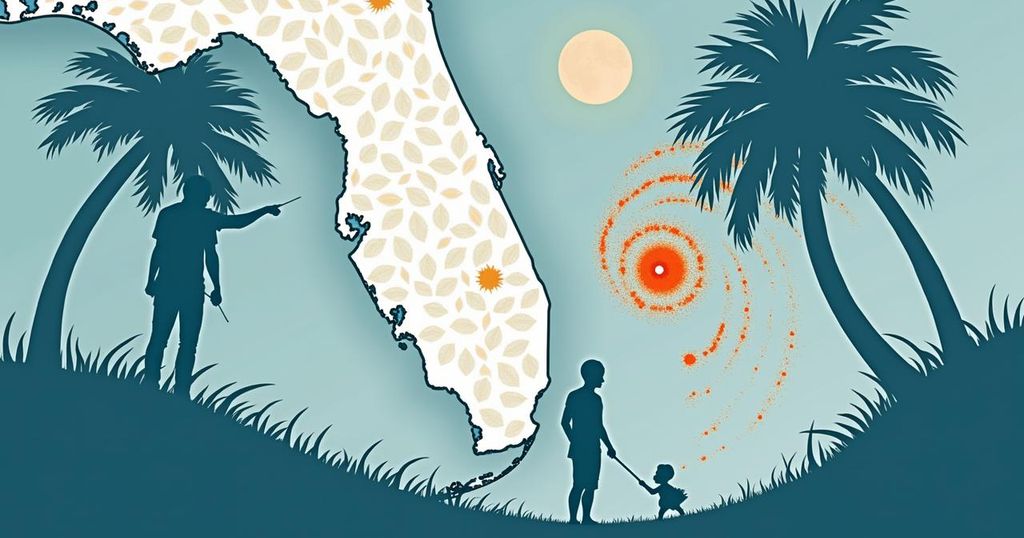Hurricane Milton is projected to strike Florida’s west coast, prompting discussions about the state’s readiness to handle and adapt to such storms in the context of climate change. As the immediate impact remains to be seen, the necessity for long-term adaptive strategies is underscored for future resilience.
In light of Hurricane Milton’s impending landfall on Florida’s west coast around midnight on October 9th, the state is presented with an urgent opportunity to reflect on its strategies in the face of natural disasters compounded by the realities of climate change. While the immediate consequences of the storm—such as casualties and property damage—will remain uncertain until after the storm’s passage, it is imperative for Florida to adopt proactive measures aimed at enhancing resilience to similar future events. The unpredictability of such storms raises significant concerns about the long-term safety and adaptability of coastal regions heavily impacted by climate change. Decision-makers are thus called upon to implement adaptive policies that not only address the immediate aftermath of Hurricane Milton but also lay the groundwork for sustainable and resilient coastal community frameworks. In essence, as Florida navigates the challenges posed by Hurricane Milton, it must concurrently prioritize comprehensive disaster preparedness and adaptation strategies to mitigate the escalating threats posed by climate change in the coming years. Effective planning and rapid response systems are essential in safeguarding the state’s population and infrastructure against future storms, ensuring that both immediate and long-term risks are adequately addressed.
Hurricane Milton, like many storms, serves as a stark reminder of the challenges faced by states like Florida, which are increasingly confronted by the impacts of climate change. With every hurricane, questions surrounding preparedness, response, and recovery strategies surface, highlighting the urgent need for states to rethink and refine their emergency management systems. The occurrence of natural disasters not only tests infrastructure and response capabilities but also prods governmental entities to consider long-term changes necessary for managing future risks. Ensuring community resilience through proactive planning is becoming an essential discussion point as climate conditions grow more unpredictable, making it vital for states to adapt to protect their citizens and preserve their environments.
In conclusion, as Hurricane Milton approaches, Florida must leverage this moment to reassess and strengthen its response mechanisms against natural disasters. The state should focus on comprehensive adaptation strategies that anticipate future challenges posed by climate change, thereby enhancing the resilience of its communities. The lessons learned from this storm will be instrumental in shaping a safer, more prepared Florida for future hurricane seasons.
Original Source: www.economist.com






